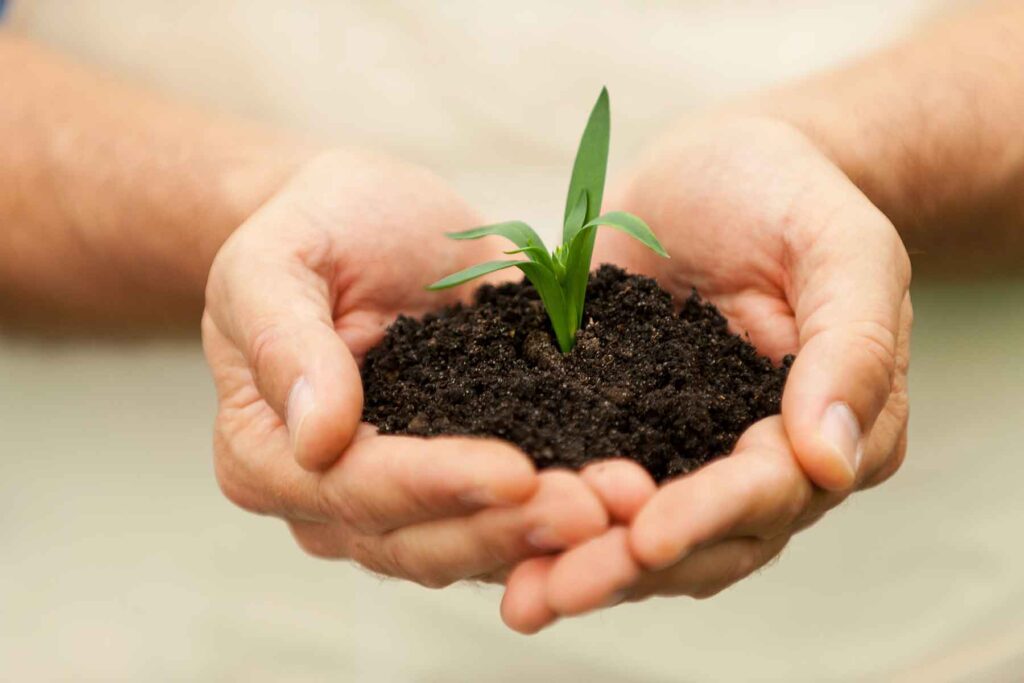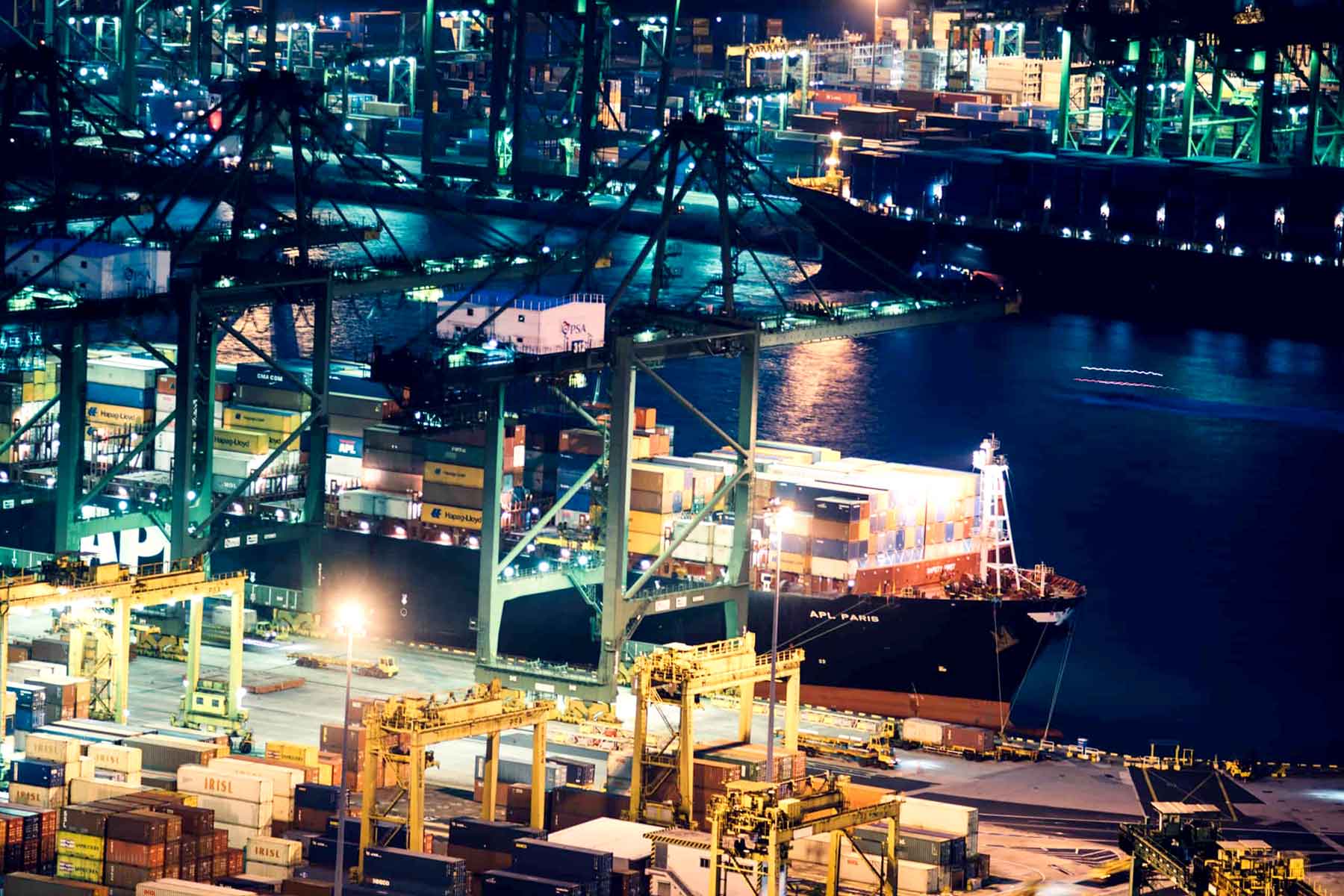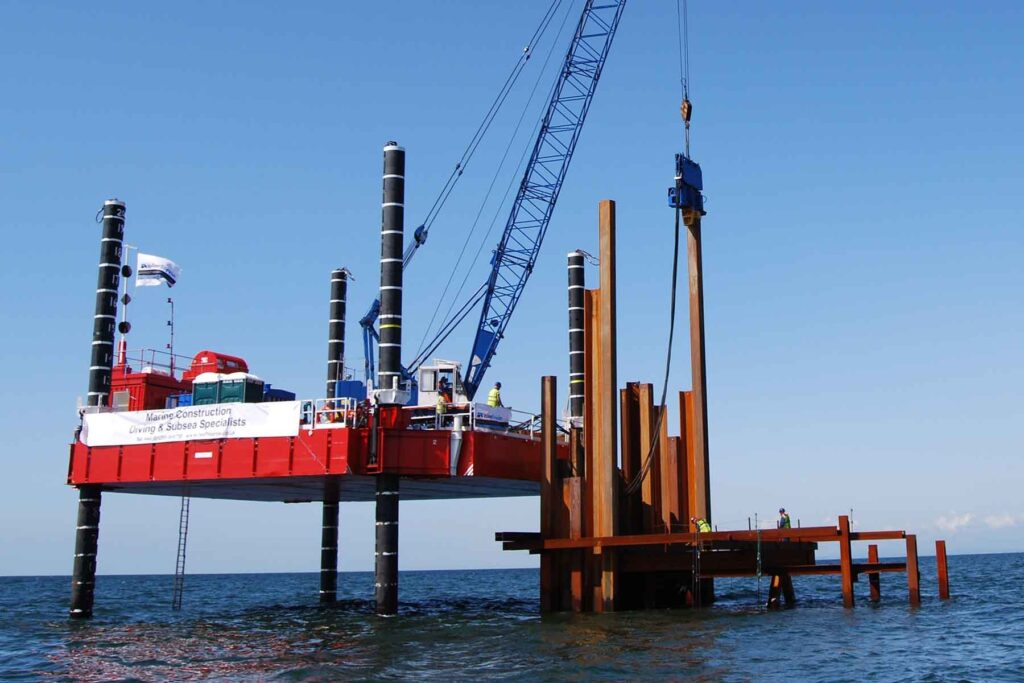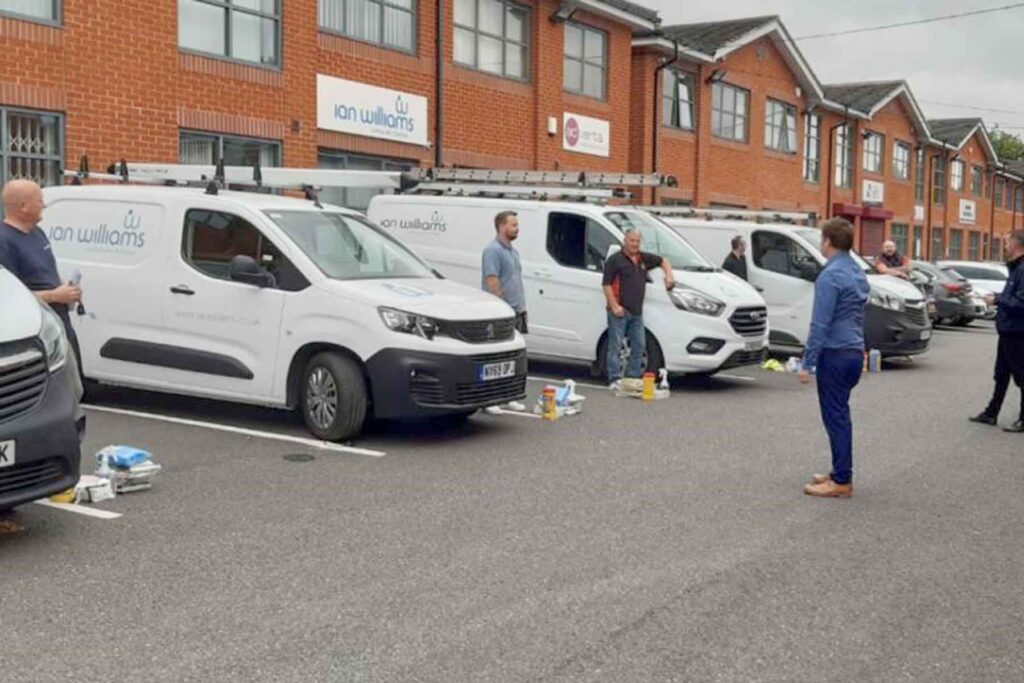It is an extraordinary world that we are currently living in and, thanks to Covid-19, devastation has been experienced across the globe. From the hundreds of thousands of lives lost, to the lockdown of around a third of the UK’s economy, the millions of people facing job loss and the complete shutdown of many businesses. But while most of us have been facing the complexities of life while being stuck inside the same set of 4 walls, our world has experienced a well-deserved breather. With transport emissions reducing significantly, our beaches having been restored, and the demand for fossil fuels massively decreased. The opportunity to create a greener world has never been more feasible and achievable.
So how do we sustainably begin to move into our ‘new normal’, where our environment is respected and in turn, safer and more pleasurable to be in, without falling into old habits?
Much like recent times, the recession of 2008 bought with it a huge decrease in emissions, but with the absence of careful considerations into the recovery of the economy, emissions soon rose to be much higher than they were pre-recession. What will be different this time, and how urgently do governments globally have to commit to complete green recovery plans, before we see ourselves in a more harmful world than pre-Covid?
It seems in the eyes of some leaders across the globe, the economic downturn due to the ‘Great Lockdown’ is a more key priority than an emissions crisis, and with the majority of the world experiencing a GDP growth of below -3%, the worst since the Great Depression, this comes as no surprise. However, if plans combine our two biggest priorities,economy and environment, then both can be restored.

Are we going to look back on 2020 with satisfaction, thanking ourselves for making such impactful, efficient decisions?
The refurbishment and construction of buildings and homes to make them more energy efficient and eco-friendly could quickly churn out countless new jobs, which is why the £3bn Green Homes Grant Scheme recently announced by Rishi Sunak is such a great starting point. The construction of new wind farms and other renewable energy plants also seems a fast track way into generating new jobs and boosting the economy, and with renewable energy currently proving cheaper than fossil fuels, this could be the lifeline we need to survive.
To reach our goal of zero-emissions by 2050, inevitably, we need to modernise our energy and power supplies globally. Energy storage will likely play a big part in this where we rely greatly on renewable energy as our energy output. The potential investment into new, innovative Power-to-X technologies, such as the new HYFLEXPOWER green energy project launched May 2020 is exciting. Led by the likes of Siemens, Centrax, Engie Solutions etc., it uses Power-to-H2 technology where Hydrogen gas can be produced by renewable energy sources, and stored, which is a fantastic way forward in this approach to a greener world.
Transport emissions are rising quickly again as lockdown is slowly being lifted, and as these same emissions are the biggest contributor to the UK’s carbon footprint, surely a big focus of our green recovery should be on improving our vehicles and improving our systems for vehicle-free transport. Hundreds of thousands of ‘green jobs’ could be created through the renovating and broadening of current cycleways and footpaths, the construction of a much-improved public transport network, and the manufacturing of electric vehicles.
Our government is already preparing for our green recovery plans, but we are already seeing emissions increase quicker than expected so far in the UK, so how long do we really have to set the plans in stone? Are we going to look back on 2020 with satisfaction, thanking ourselves for making such impactful, efficient decisions, from a green, renewably sourced and fresher world in 10 years’ time? Or will we look back and wish we had acted quicker when our perfect opportunity to create a better world had been handed to us on a plate, from a world where nothing has changed, and emissions are ever-increasing?






